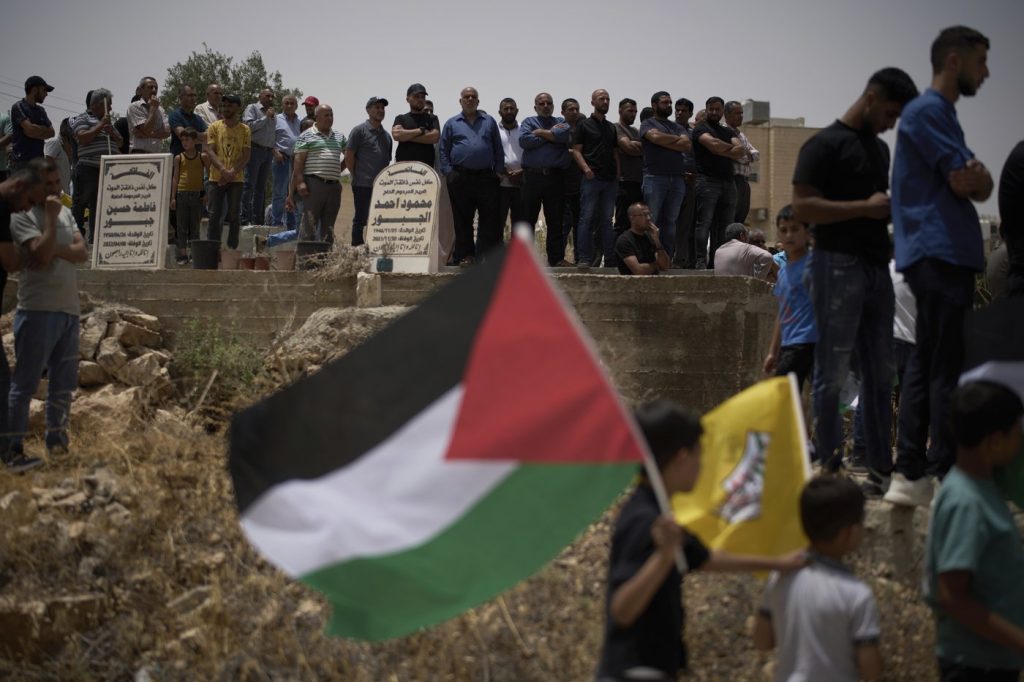OTTAWA A significant group of former senior Canadian diplomats has urged the Canadian government to officially recognize a Palestinian state, citing concerns that Israel's actions in the West Bank and Gaza conflict with the nation's interests and values. The call comes amid ongoing violence and humanitarian crisis in Palestinian territories, prompting these diplomats to voice their discontent with current Canadian foreign policy.
In a letter dispatched to various media outlets, the diplomats advocate for a comprehensive arms embargo against Israel. They further suggest that Canada should consider suspending its trade agreement with Israel unless there are notable changes in the country’s approach to the conflict. The letter is signed by 173 former ambassadors, high commissioners, and consuls-general, including notable figures from Canada's diplomatic history.
The diplomats argue that the principles Canada stands for—such as human rights and humanitarian support—are being increasingly disregarded with the ongoing issues in Gaza, which include massive displacement, indiscriminate aerial bombardments, and severe food shortages experienced by civilians. They also reference violent incidents attributed to extremist settlers in the West Bank, reinforcing their call for a shift in Canada’s stance towards the Israeli-Palestinian conflict.
According to the letter, the recognition of Palestinian statehood could act as a catalyst for serious peace negotiations, making it clear to Israel that it cannot unilaterally veto the establishment of such a state. This shift, they believe, is essential for fostering dialogue and achieving a peaceful resolution to the ongoing conflict.
Conversely, the Centre for Israel and Jewish Affairs has launched a campaign opposing the recognition of a Palestinian state. They argue that such a move would merely reward and empower Hamas, the governing body in Gaza, rather than contribute to meaningful peace efforts. This represents a divide in opinion on the issue, showcasing the complexities surrounding international relations and conflicting narratives within the Israeli-Palestinian context.
This public appeal from seasoned diplomats emphasizes the growing concern among certain sectors of Canadian society regarding the humanitarian implications of the current state of affairs in Gaza and the West Bank. The diplomats are advocating for a foreign policy that aligns more closely with international human rights standards and that takes a stand against actions perceived to undermine these values.
The situation remains fluid, and the response from the Canadian government to this letter and the aforementioned calls for change will be closely monitored. The diplomats’ letter signals a continued push for a reevaluation of Canada’s role in the Israel-Palestine conflict and highlights the urgency of addressing the humanitarian crises that have unfolded in recent years.
This development reflects broader international debates on the legitimacy of statehood and the responsibilities of governments to act in accordance with a set of ethical standards when it comes to international conflict and humanitarian crises.











